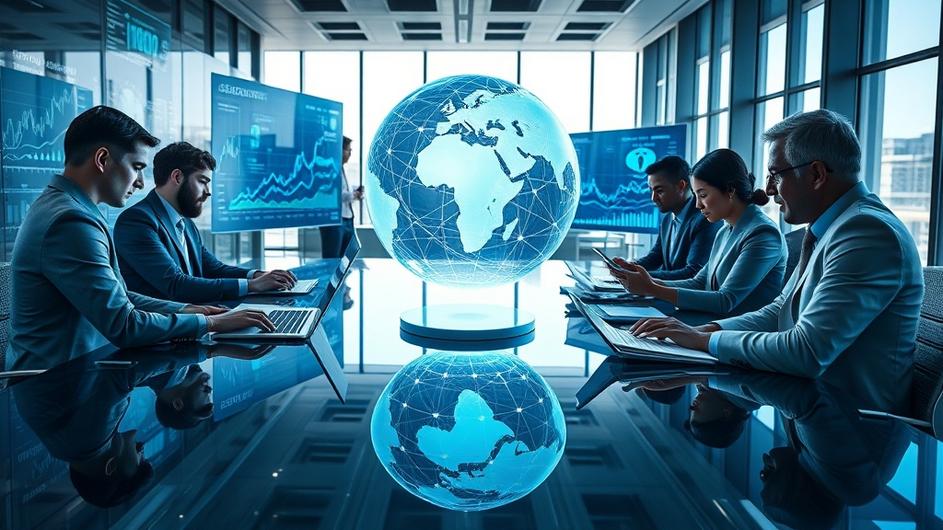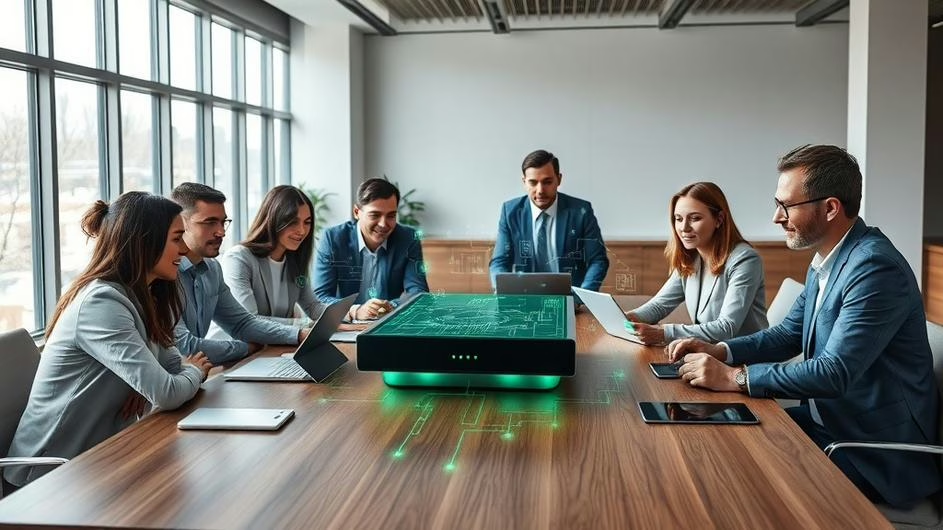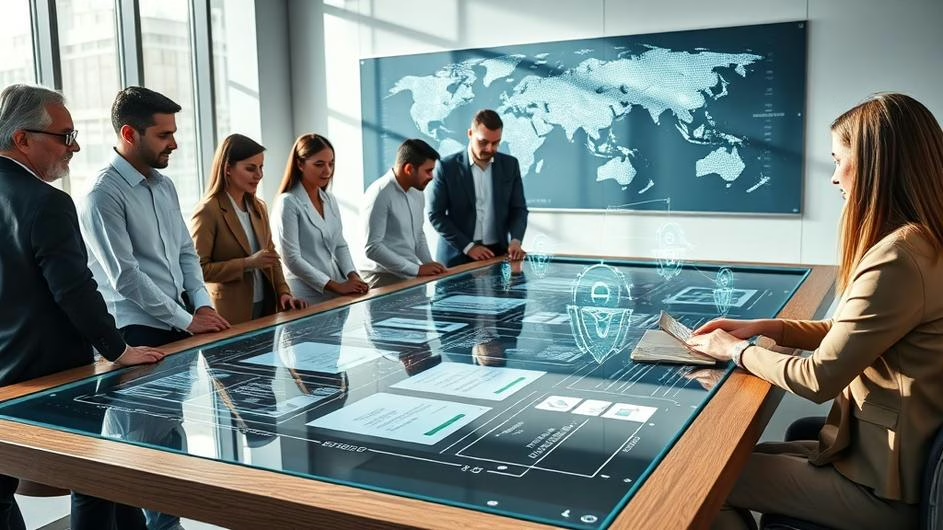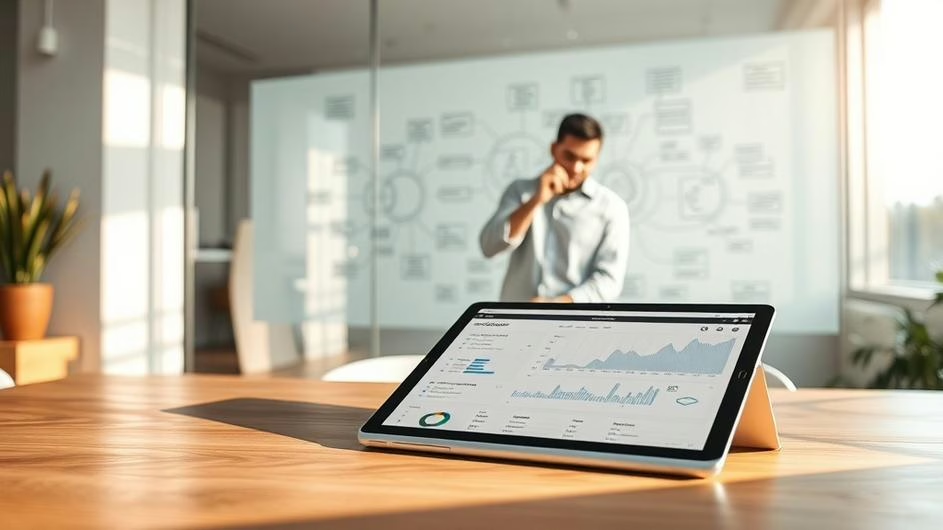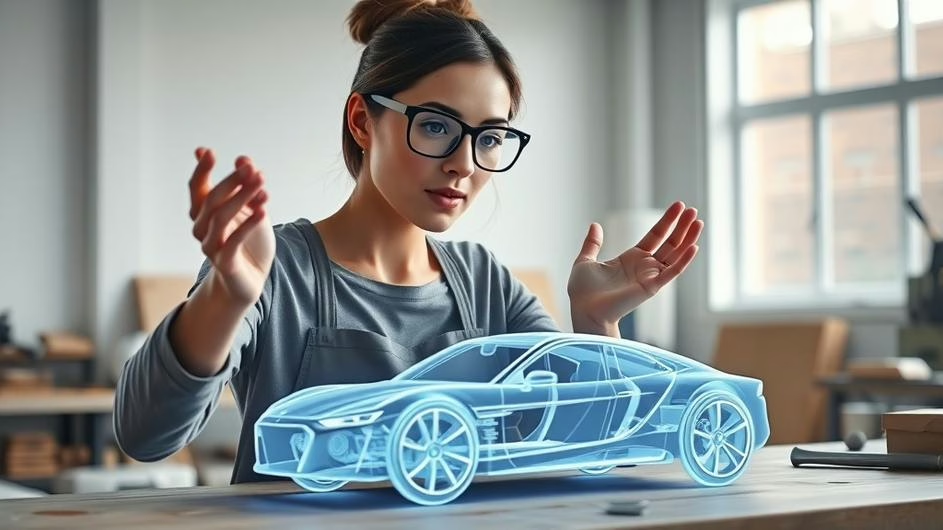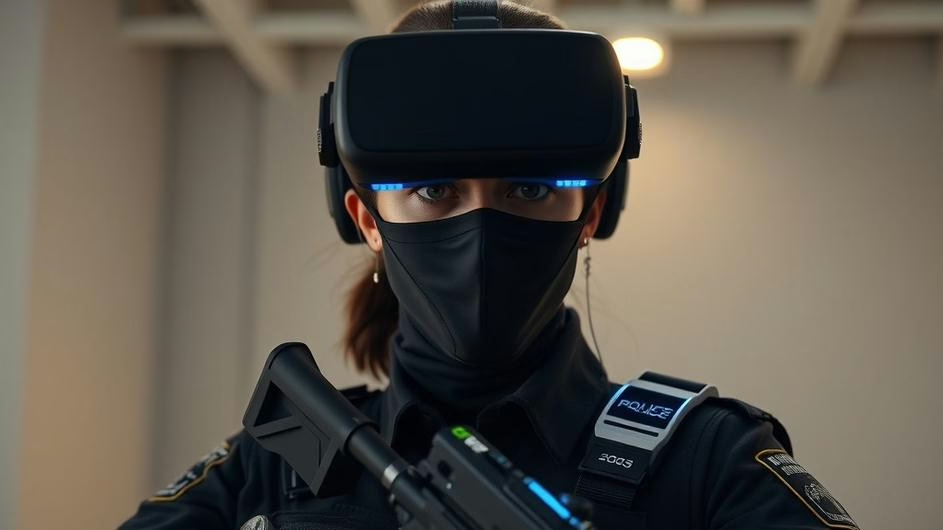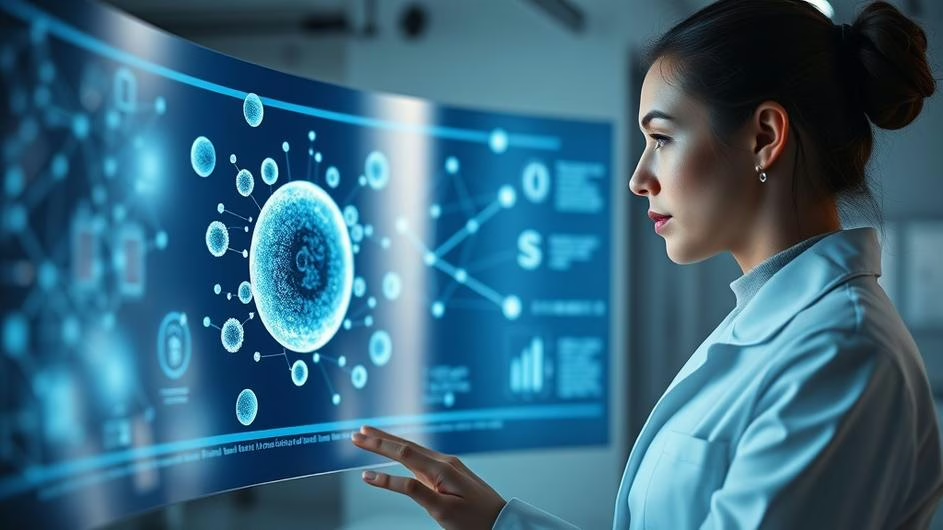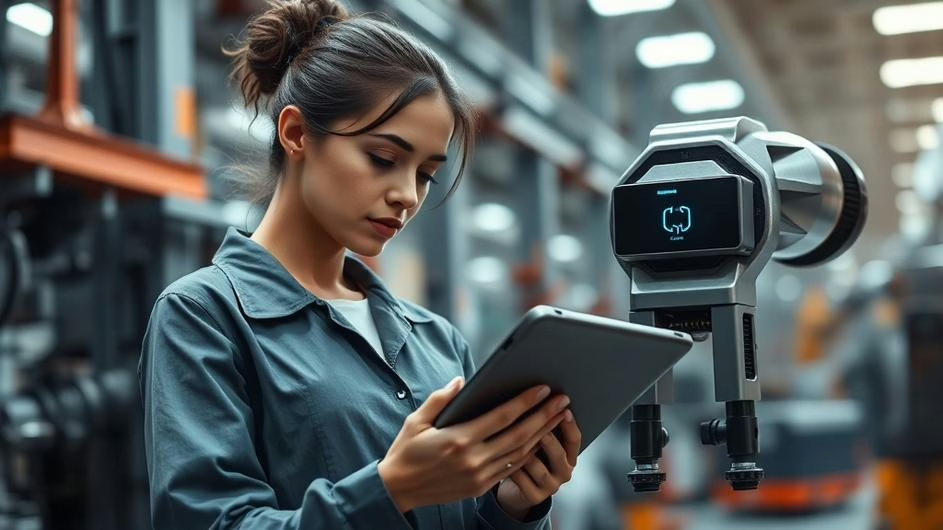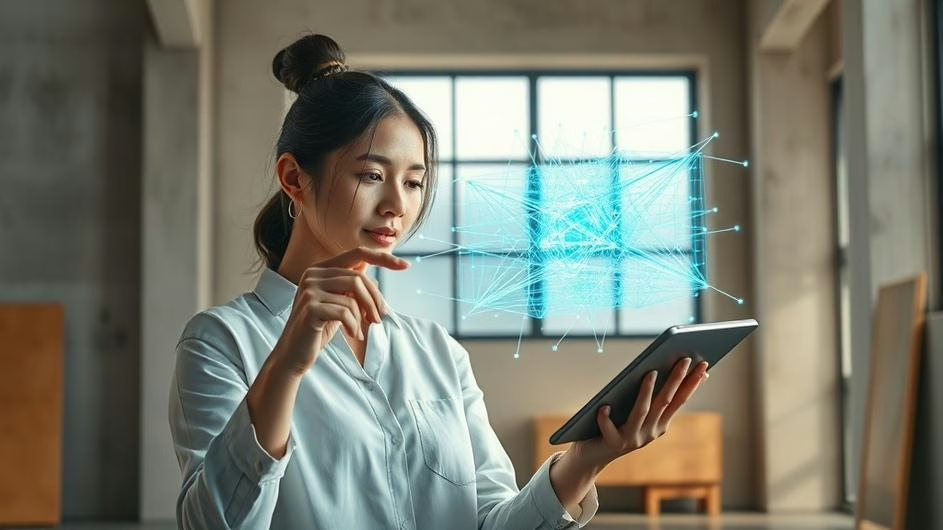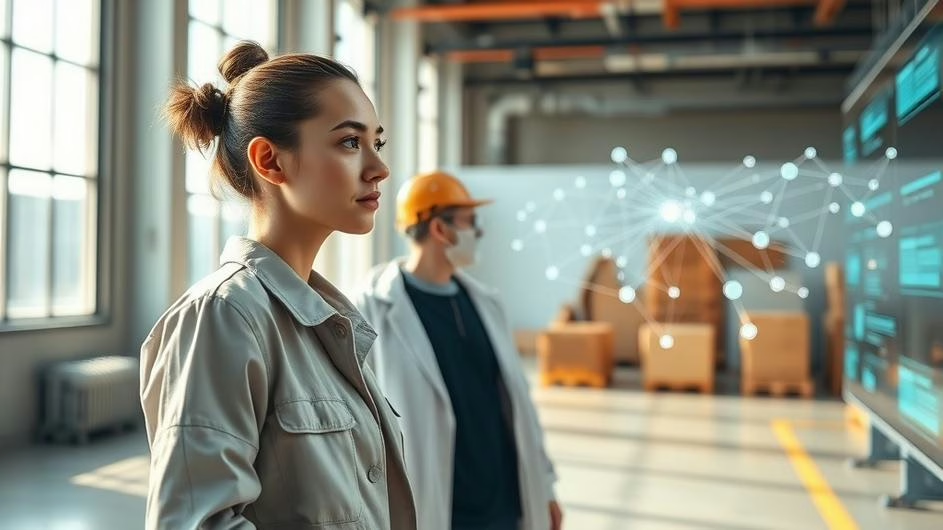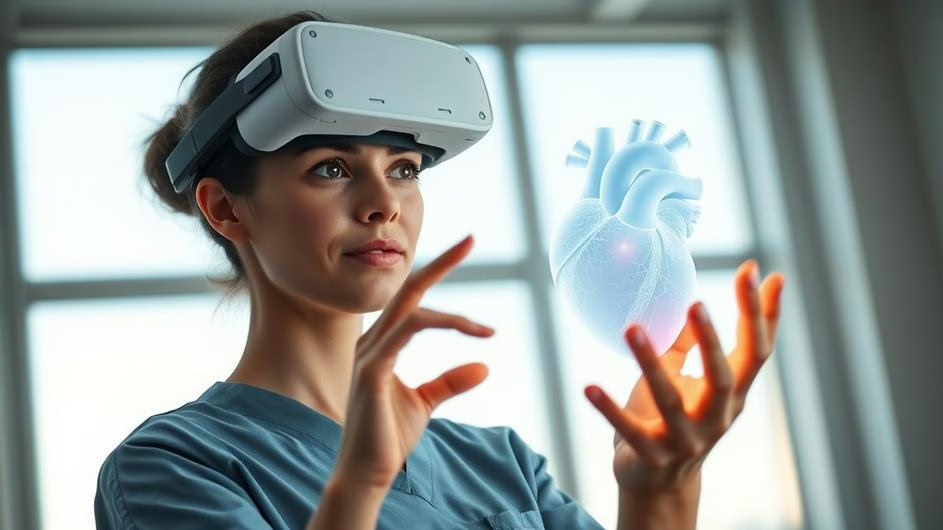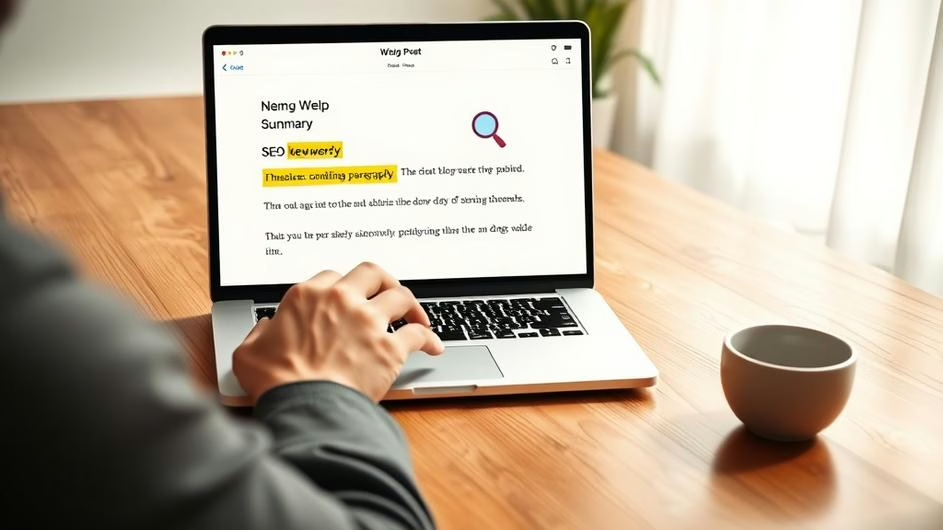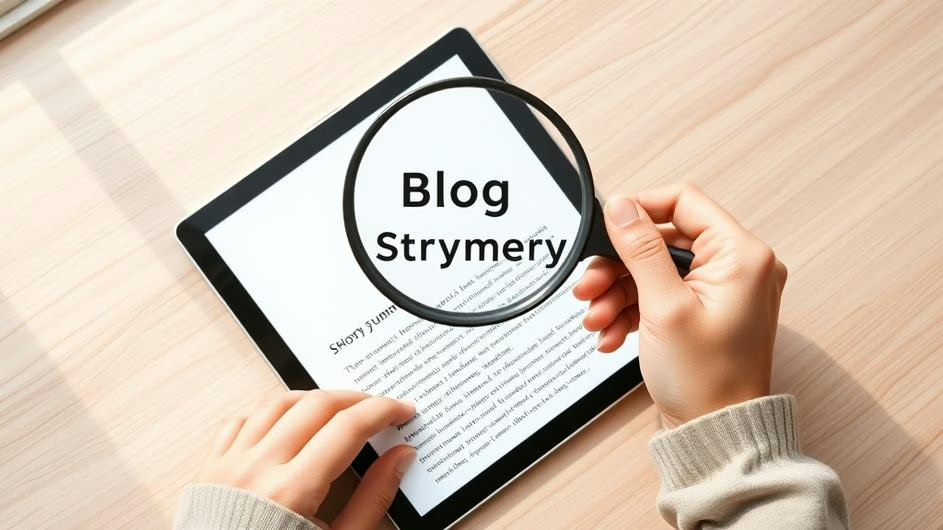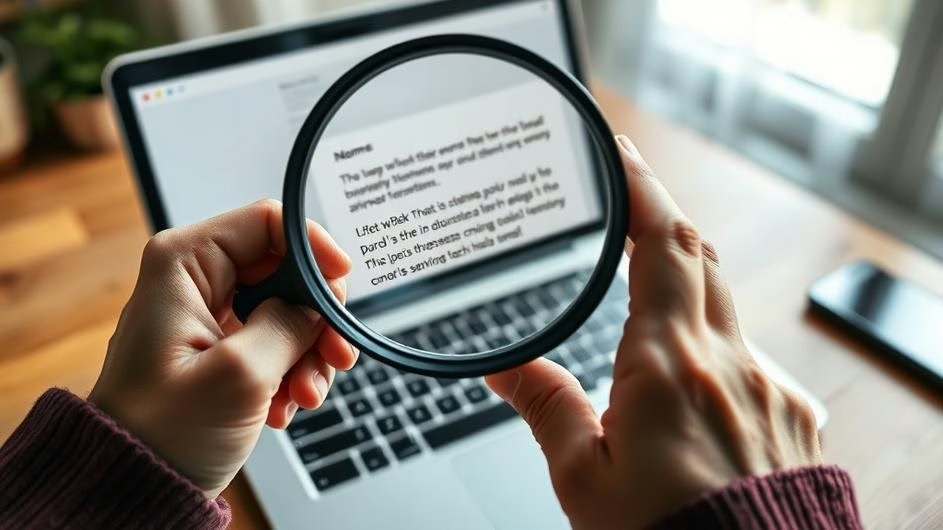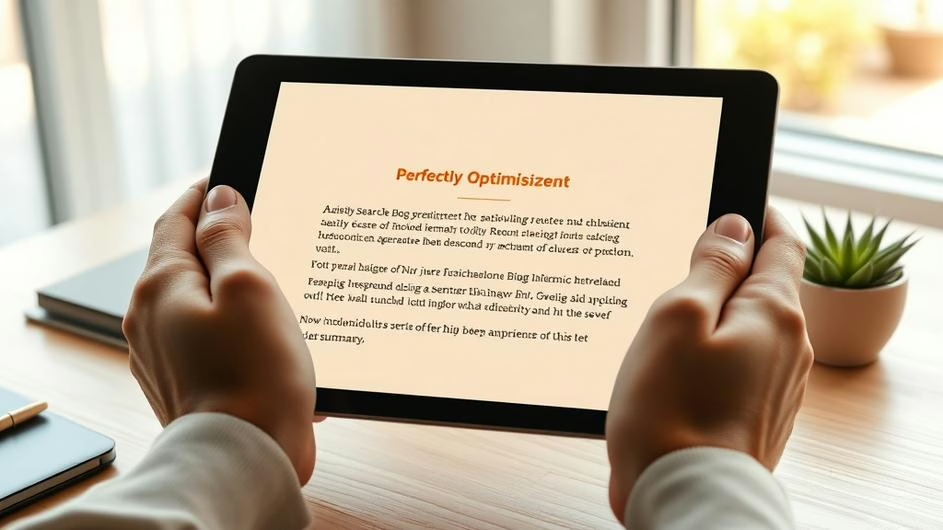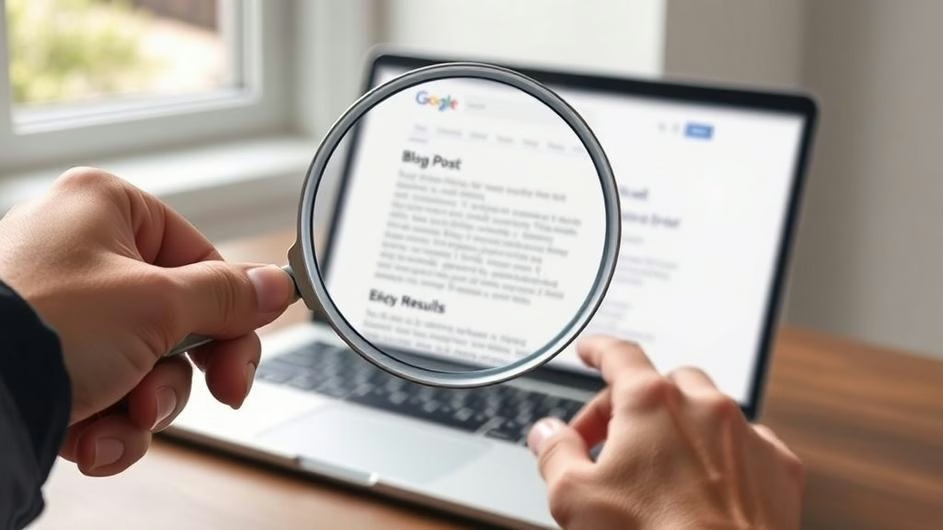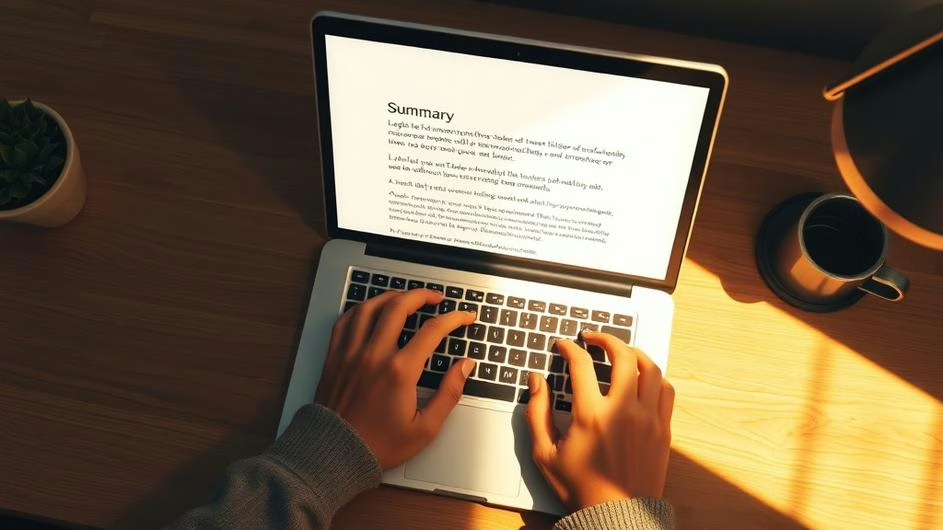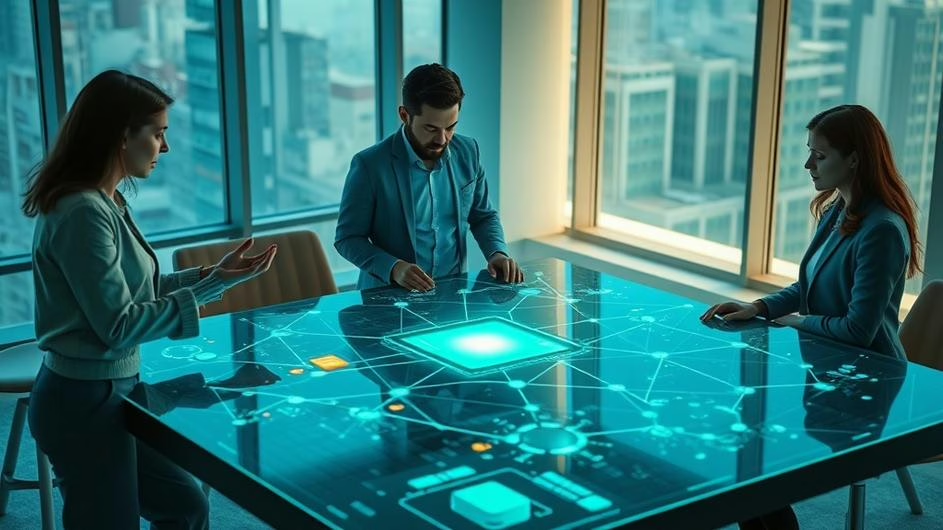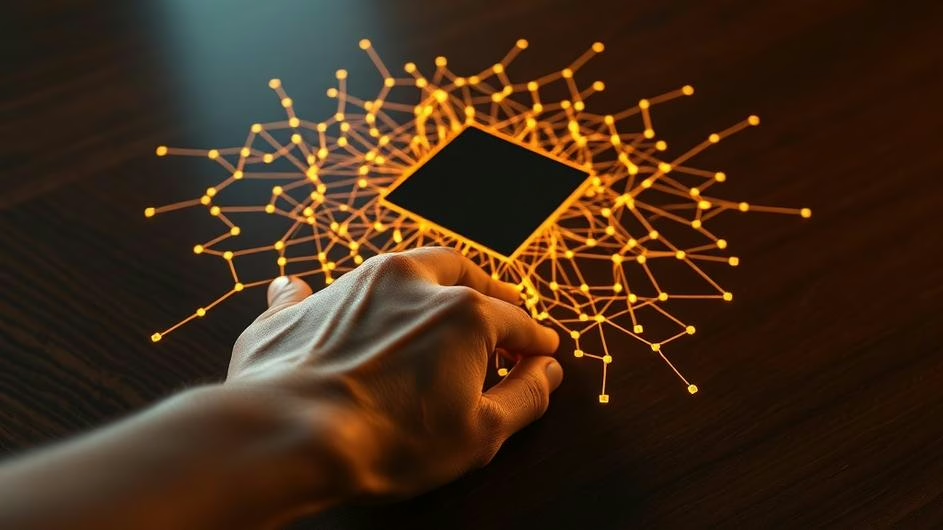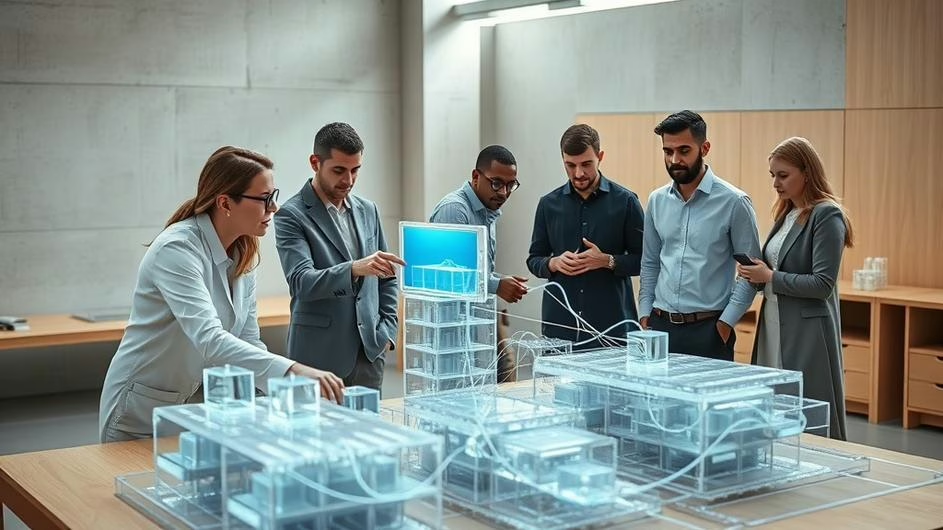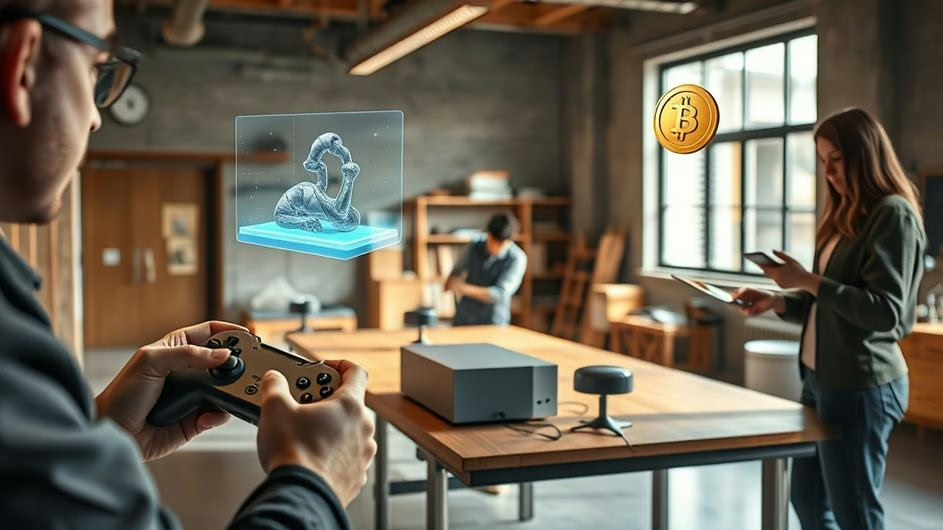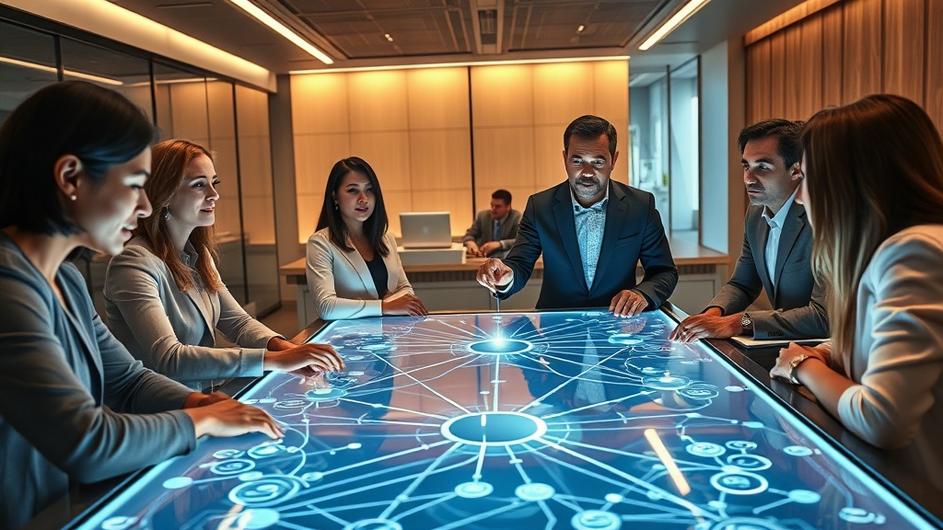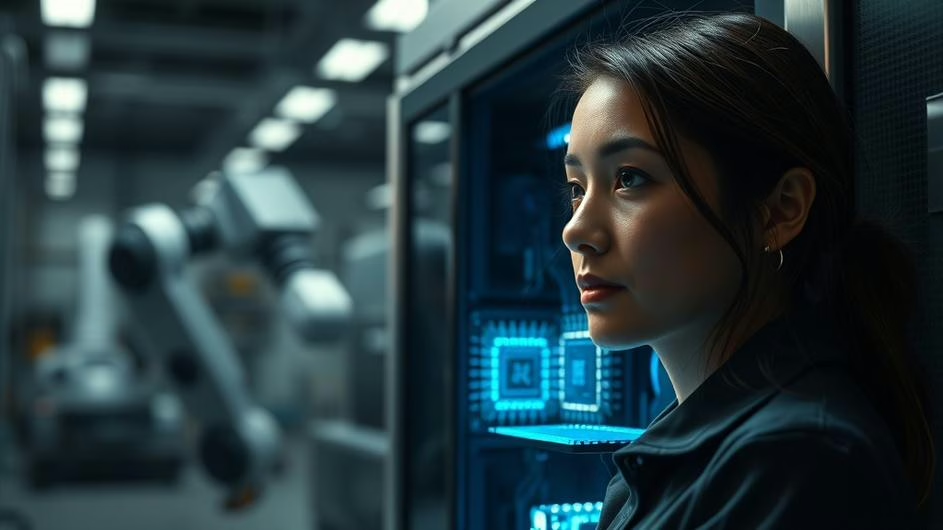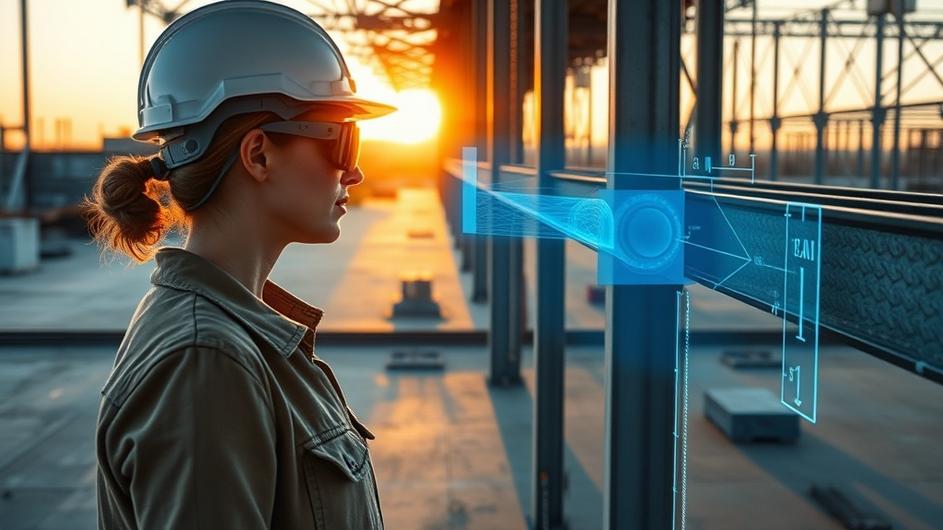
The Expanding Frontiers of Artificial Intelligence: Transforming Industry, Security, and Society
Artificial intelligence isn’t just a concept from science fiction anymore. It’s here, and it’s quickly becoming a major force in many sectors. AI is changing everything, from how factories operate and how we defend against cyberattacks to the way we search for information online and get around town. As these technologies grow, they’re not only making things more efficient. They are also starting important conversations about ethics, policy, and what’s next for tech in our society.
AI on the Factory Floor
In manufacturing, the impact of AI is impossible to ignore. Modern factories are using machine learning and advanced robotics to fine-tune their production lines with incredible accuracy. Imagine sensors on a piece of equipment constantly feeding data to an AI. The system analyzes this information in real time to predict when a part might fail, long before it actually breaks. This predictive maintenance slashes downtime, saves money, and keeps machinery running longer.
Beyond just maintenance, AI automation allows for more adaptive manufacturing. Factories can respond to design tweaks and shifts in consumer demand almost instantly. In a world where customization and getting products to market quickly are key, this kind of flexibility is a huge competitive advantage. The combination of AI and the Internet of Things (IoT) is pushing us toward smarter factories, where decisions are made on the fly to boost productivity.
The Double-Edged Sword of AI in Cybersecurity
The cybersecurity landscape is being completely reshaped by AI, which acts as both a powerful shield and a potential weapon. On the defensive side, security teams are using AI to spot and stop attacks faster than a human ever could. Machine learning models can sift through mountains of network traffic and user behavior data to find subtle patterns that might signal a breach or malware. This allows for an almost immediate response.
However, the same sophisticated tools are also available to hackers. AI-driven hacking attempts can automate attacks, making them stealthier and more adaptable. This creates a constant cat-and-mouse game between defenders and attackers. It’s a digital arms race that requires ongoing innovation and teamwork between companies, government agencies, and the security community to keep our data safe. This raises big questions about trust, privacy, and how we govern these powerful tools. As AI helps write more code, it even creates new roles, like the “vibe coding cleanup specialist,” a developer who fixes AI-generated code.
How AI is Making Search Smarter
AI is also changing how we find information. Old-school, keyword-based search engines are becoming more like intuitive assistants that can understand what you mean, not just what you type. Thanks to Natural Language Processing (NLP), these platforms can figure out the intent behind your questions, understand nuances, and summarize long articles to give you a quick, direct answer.
This makes searching online feel more like a conversation. What does this mean for you? A much richer and more intuitive user experience. AI also helps uncover niche topics and emerging trends that might have been buried otherwise. For advertisers and creators, AI-driven insights help them tailor their strategies and make their content more relevant. This evolution in search technology is bringing us closer to a seamless partnership between humans and computers in the quest for knowledge, leading to a new wave of smarter search capabilities.

AI on the Move in Transportation
Transportation is another area where AI is making big waves, from autonomous vehicles to smarter traffic management. Self-driving cars are slowly but surely becoming a reality, with the promise of fewer accidents and greater mobility for everyone. But it’s not just about individual cars. AI algorithms are optimizing public transit routes and schedules by analyzing real-time traffic data and commuter habits.
Think about it, have you ever been stuck in traffic and wondered why the lights weren’t timed better? Smart traffic management systems are designed to solve that problem, reducing congestion and cutting down on pollution. These innovations contribute to creating more sustainable cities. AI also helps with predictive maintenance for airlines and shipping companies, leading to fewer delays and lower costs. It’s a perfect example of how intelligent systems can work with physical infrastructure to make our lives safer, more convenient, and better for the environment.
Navigating the Rules and Ethics of AI
The rapid growth of Artificial Intelligence brings up some tough questions about policy and ethical considerations. Around the world, governments are trying to figure out how to regulate AI in a way that encourages innovation while still protecting people. Key issues at the center of these debates include algorithmic bias, transparency, and data privacy. Some executives are even experimenting with building features themselves using AI-powered code editors before handing them off to their engineering teams.
Policymakers know that AI doesn’t stop at national borders, which is why international cooperation is so important. We need global standards to guide AI’s development. Another critical point is ensuring everyone has access to these technologies, so we don’t end up widening the gap between the rich and poor. To get this right, technologists, regulators, and the public all need to work together. While there’s a lot of excitement around new tools, especially in the startup world, some applications like dedicated mobile apps for vibe coding have struggled to gain traction, showing that success isn’t always guaranteed.
What’s Next for AI?
Looking ahead, the spread of AI across so many fields presents a future full of both opportunities and challenges. As these systems get smarter, they can help us be more productive, safer, and more creative. Yet, they also force us to think about complex issues like control, fairness, and the role we want machines to play in our lives. The rise of vibe coding startups shows how quickly new ideas can emerge, but the real test is turning those ideas into valuable, everyday tools. Navigating this new era will require a careful balance of technical innovation and thoughtful, inclusive dialogue.
Ultimately, AI is writing the next chapter of technology, weaving itself into the fabric of our daily lives. This shift is profound. Intelligent machines are becoming less like simple tools and more like partners in solving some of the world’s biggest problems. How we embrace this change, with both curiosity and caution, will determine how well AI helps us build a smarter, safer, and more equitable world.
Sources
- “AI in Manufacturing: Transforming Industry 4.0,” Tech Industry Journal, April 2024
- “The Role of AI in Cybersecurity: Defense and Threat,” Cybersecurity Today, March 2024
- “How AI is Changing Search Engines,” Digital Trends, May 2024
- “Artificial Intelligence and the Future of Transportation,” Transport Innovators, February 2024
- “AI Policy and Ethics: Navigating the Regulatory Landscape,” Global Tech Policy Review, June 2024











































